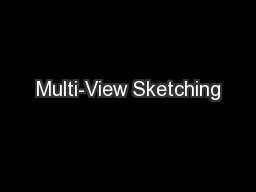PPT-Process View
Author : conchita-marotz | Published Date : 2016-05-21
amp Strategy Based on the Book Managing Business Process Flow Processes Produc ts or services must meet customer expectations physical comfort safety convenience
Presentation Embed Code
Download Presentation
Download Presentation The PPT/PDF document "Process View" is the property of its rightful owner. Permission is granted to download and print the materials on this website for personal, non-commercial use only, and to display it on your personal computer provided you do not modify the materials and that you retain all copyright notices contained in the materials. By downloading content from our website, you accept the terms of this agreement.
Process View: Transcript
Download Rules Of Document
"Process View"The content belongs to its owner. You may download and print it for personal use, without modification, and keep all copyright notices. By downloading, you agree to these terms.
Related Documents














